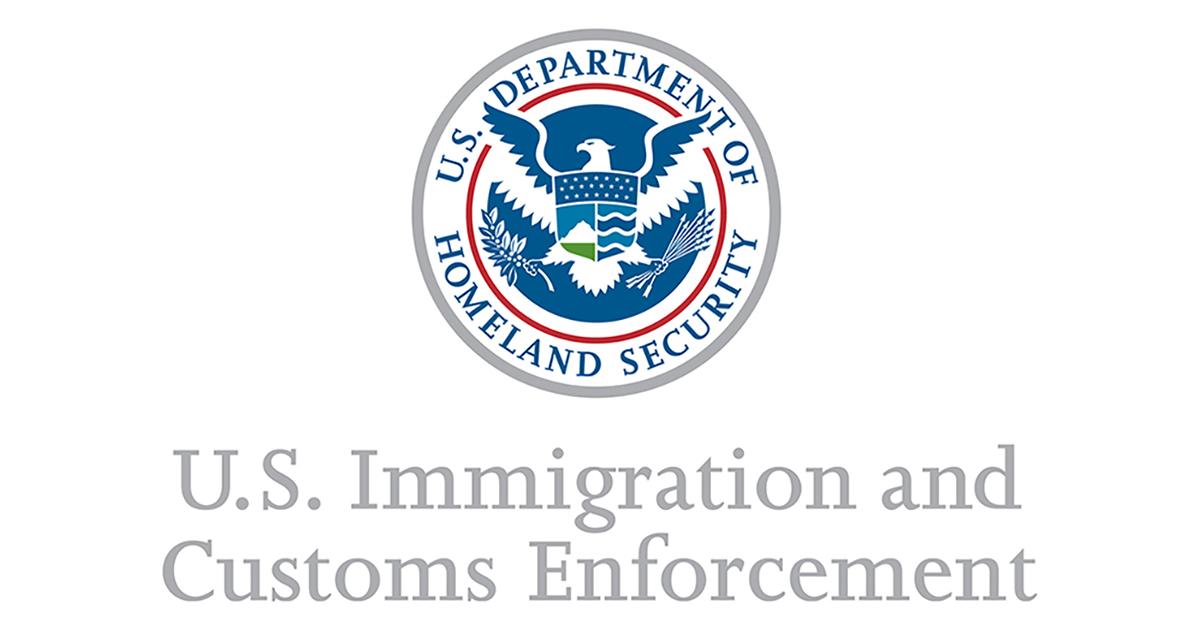International students might need to leave the U.S. if only taking online classes in fall, ICE announces

International students on nonimmigrant F-1 or M-1 visas will not be permitted to stay in the U.S. if they are taking a full schedule of online classes in the upcoming academic year, according to an announcement by the U.S. Immigration and Customs Enforcement (ICE) on Monday afternoon.
Despite ICE’s statement, Vice President of USF World Kiki Caruson said in an email to The Oracle that USF students do not need to have concerns at the moment as the university’s plan to reopen campus in the fall is still in place.
“There is not a plan at USF to be fully online in the fall, so our students can expect to have access to face-to-face classes,” Caruson said.
In the announcement, ICE said a hybrid of both online and face-to-face classes will be permissible for international students.
ICE’s announcement also said that students who switch classes mid-semester are not permitted to change to online classes and if these students are mandated to make the online switch by their university, the international student must notify ICE within 10 days.
“Active students currently in the United States enrolled in such programs must depart the country or take other measures, such as transferring to a school with in-person instruction to remain in lawful status,” ICE said in the announcement. “If not, they may face immigration consequences including, but not limited to, the initiation of removal proceedings.”
Students can expect to get an email from USF World on Tuesday regarding the situation, according to Caruson.
USF administration is also working on sending students information regarding the ICE announcement, according to university spokesperson Adam Freeman.
“USF is currently assessing how the announcement from the U.S. Immigration and Customs Enforcement may impact our students,” Freeman said. “We intend to provide students with an update in the coming days.”
If the university decides to transfer to a remote setting for fall classes, Caruson said there is not a plan in place yet for what would happen.
“[If the university transfers solely to online classes] is something that was not addressed in the guidance we received today,” she said.
On May 27, USF President Steven Currall announced the remote delivery of classes and final exams after Thanksgiving break as a way to mitigate the spread of COVID-19. Caruson said she does not anticipate this being an issue for international students.
“USF is not planning an entire semester of online learning – only the brief portion after the Thanksgiving break; there will be plenty of time during the semester for face-to-face learning opportunities,” she said.
To maintain legal status, international undergraduate students must be enrolled full time in at least 12 credit hours, of which only three credit hours can be online, while international graduate students must be enrolled full time in at least nine credit hours, of which only three credit hours can be online.
After the university shifted to remote instruction in the spring due to COVID-19, the Student and Exchange Visitor Program (SEVP) issued a policy allowing international students to take more online courses to maintain their F-1 and M-1 nonimmigrant status.
The temporary exemptions issued for the spring semester, however, will have some alterations for fall.
International students will be allowed to take more than three credit hours online if the university adopts a hybrid delivery for the fall semester, according to the SEVP.
“These schools must certify to SEVP, through the Form I-20, ‘Certificate of Eligibility for Nonimmigrant Student Status,’ that the program is not entirely online, that the student is not taking an entirely online course load for the fall 2020 semester, and that the student is taking the minimum number of online classes required to make normal progress in their degree program,” the policy stated.
The exemptions will not apply to F-1 students in English language training programs or M-1 students, who are not permitted to enroll in any online courses, according to the SEVP.
The announcement from ICE stated that students who attend universities that have already announced a remote instructional semester in the fall cannot receive visas from the U.S. Department of State, and the U.S. Customs and Border Protection will not allow these students to enter the U.S.
The university must issue new Forms I-20 to each student and ensure that these students are not taking a full semester of online courses, according to a document from SEVP received by USF World on Monday.
“For all students attending schools in the United States this fall 2020, designated school officials (DSOs) must issue new Forms I-20 to each student certifying that the school is not operating entirely online, that the student is not taking an entirely online course load for the fall 2020 semester, and that the student is taking the minimum number of online classes required to make normal progress in their degree program,” the document said.
The document stated DSOs have until Aug. 4 to update all of this information, with priority shown to students who are in need of updated visas and live outside of the U.S.
At USF, approximately 10 percent of freshman students were expected to be from another country, Dean of Admissions Glen Besterfield said in a report in The Oracle in April.
The USF student body in the fall of 2019 was made up of over 4,600 international students, and 80 percent of them have stayed in the U.S. since the university went fully remote, according to Caruson in an Oracle article in April.
USF World will be coming out with an FAQ page as it anticipates that many students will have questions, according to Caruson. However, when that page will become available to students is not yet known.
“There are lots of questions we have about the guidance, so we will be seeking further clarification on the guidance that was published today,” Caruson said.
This is a developing story. Stay with The Oracle for updates.








